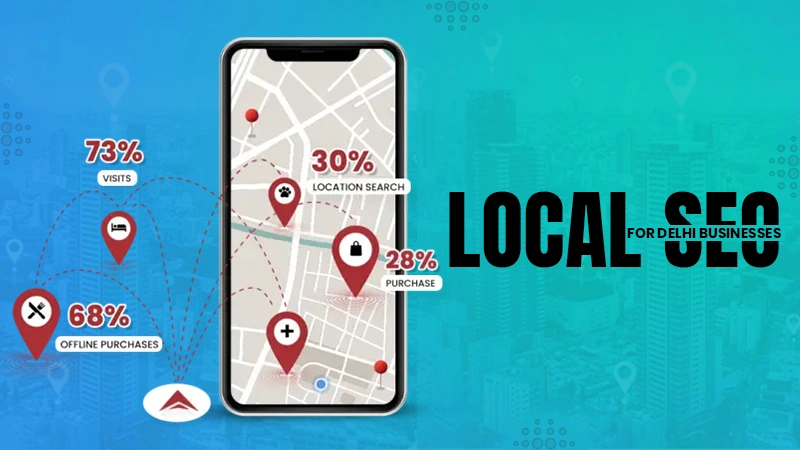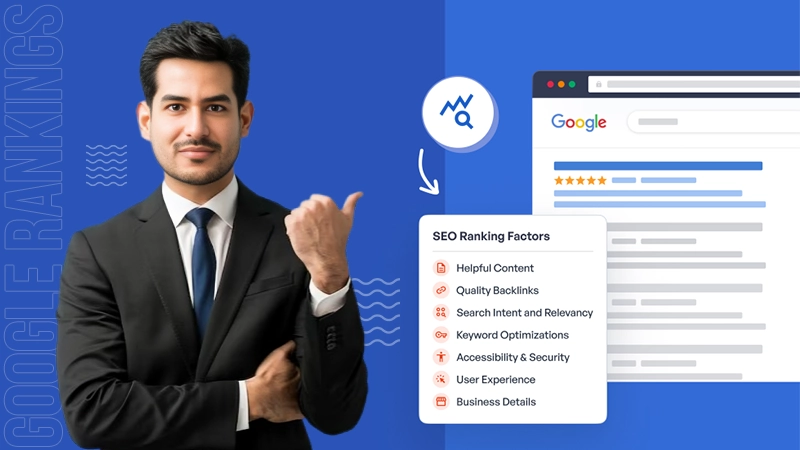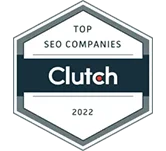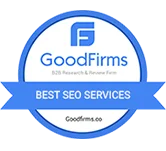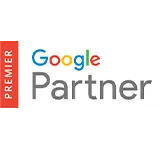Organic Search Engine Optimization: Powerful Strategy to Boost Your Digital Presence
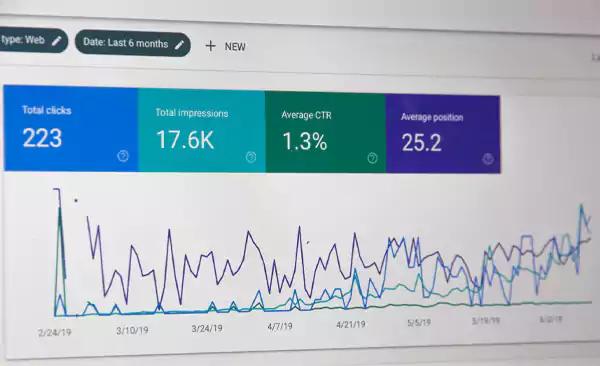
While strolling in the supermarket, you might have come across organic labelled food packages that are free from any artificial preservatives and additives. Likewise, online organic search engine optimization is the practice of optimizing the website to acquire higher rankings in the SERPs, but without any artificial and paid ads integration.
By using non-paid marketing strategies, you can optimize your website and acquire the top position in the Google rankings. To do it well, you first need to understand the detailed concept of organic SEO. Walk away with the article and bookmark the strategies behind it for your future reference.
What is Organic Search Engine Optimization?
Organic search engine optimization refers to the strategy that online websites utilize to achieve higher rankings on SERPs like Google or Bing, more visitors, and enhanced engagement without spending extra money on paid ads.
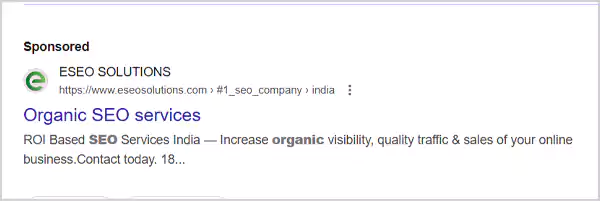
For a fact, paid ads can meet your desired requirements, but sadly the SERP rankings will disappear the moment your budget runs out, and you pause the paid ad’s subscription. Apparently, it is one of the popular and workable best SEO strategies that work slowly but leave a long-lasting impact, generating organic targeted traffic and desired ROI.
On the whole, organic SEO is the practice that attracts visitors from non-paid sources, raising the visibility and online presence of the website, and leading to more conversions and revenue.
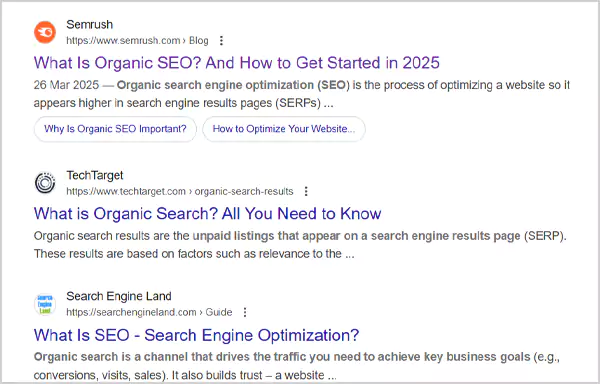
How Does Organic SEO Work?
Undoubtedly, Google aims to provide the best possible results that are reliable, informative, and engaging to prevent misguidance. Inversely, the practices of organic search engine optimization focus on creating content that is worth ranking on Google’s search results leaderboard.
Similarly, if you are looking for techniques that help you to aim for the SERPs’ higher rankings, look no further than the organic SEO strategies outlined below:
Keyword Research
Start with identifying the search queries that align with your audience base intent. Integrating the right keyword can help your website rank higher when people search for related queries to your business.
Content Creation
Next on the list is the content creation. From researching the high volume topics to crafting high-quality user-generated content with SEO optimization can help attract more visitors and conversions.
Internal and External Links
Linking has its values and benefits. Internal one helps the user to simply navigate your site and distribute link equity, whereas external linking with the help of reputable sources boost the site rankings.
Adding ALT Tags
Labelling your content images with the ALT tags provides them with meaningful content, informing the search engine crawlers about the relevance of your image. Moreover, the images with ALT tags have a higher chance of getting indexed on the SERP results.
On-Page SEO
On-page SEO might bring small changes to your web content but leaves a long-lasting impact on your website and visitors. So, practice using the keyword in the titles, meta descriptions, headings and all over the content to target your dream rankings.
Content Freshness
Outdated content may force the readers to leave your site and look for other options. So, updating the content whenever required can be one of the organic ways to attract visitors and a targeted audience and reduce the bounce rate.
UI/UX
Your sitemap should bring a hassle-free and satisfactory user experience to the visitors. Optimize the site interface and the page loading time correctly to prevent the high bounce rate.
Suggested Read: Importance of Digital Marketing: How it Matters Now More Than Ever?
Benefits of Organic SEO
Investing in organic SEO for small businesses or large-sized businesses brings a package of benefits and industry stardom. So, to make informed decisions, check out the irresistible benefits of organic SEO mentioned below:
Cost Effective
As compared to the other marketing strategies and channels, organic search engine optimization comes out as the most affordable yet effective practice.
In general, pay-per-click tends to bring more potential traffic to your site straight away, but for a limited time or until you stop paying. But with organic, the visitors, conversions, and revenue stay until you are in the top spots.
Higher ROI
SEO offers a more valuable ROI than other marketing strategies. Being cost-effective, or say a free method, organic SEO can bring you a generative ROI.
Enduring Results
As compared to paid SEO, organic SEO brings slow but sustainable results. As per the observations, it takes between 3–6 months, or sometimes a year, to see the noticeable rankings and traffic from your implemented strategies.
Extraordinary User Experience
By improving the site’s usability, organic search engine optimization directly satisfies the user experience, making it more user-navigable and user-friendly. Other than that, Google and other search engines favour the site with a clean and accurately designed sitemap, boosting your visitor base.
Credibility and Trust
Organic SEO prioritizes your site to rank higher in the SERP results. Ranking in the top places of the Google search gives your website credibility and builds trust in the user’s eyes. Generally, people are more likely to trust and opt for the websites that are ranking on the top searches or pages and prefer to ignore those further down the list.
How to Optimize Your Website for Organic SEO?: Effective Measures to Consider
To help your website get the good graces in the Google rankings, check out the effective organic SEO strategies that can help your business reach roaring success.
Execute Thorough Keyword Research
Keywords are the foundation of organic SEO. Plan your content by starting the keyword research related to your products, services, or business. Use the authentic and credible keyword research tool that brings you reliable results.
Keeping the variations in mind, select long-tail and short-tail keywords, and do not forget to look out for the results with high volumes.
Create Content that Ranks
In the last step, you have chosen the keywords, I guess it is time to start writing. You might have heard that content is king. So, high-quality content with high search volume keywords can be a game-changer for your website.
Another thing, select the content types as per your target audience’s demands and requirements. Beyond that, Google loves long-format content, so pick accordingly and craft content that speaks.
Integrate Media with Information
Adding multimedia to your content breaks the barrier to text, keeping the user engaged till the end. Media integration may include images, videos, infographics, tables, stats, GIFs and more. Overall, the integration of various media content caters to unique preferences, raising traffic and retention.
But, keep in mind to use the original images designed by your team and avoid copying from others as it can land you in serious copyright issues, reducing the overall credibility and trust in the global market.
Interlinking Strategy
Organizing your website, and interlinking, makes it easier for Google to crawl your site. The optimal interlinking structure includes both external and internal linking.
Take a look at the example for better interlinking. Suppose you wrote a blog on content marketing and your company offers these services, practice linking the related service page and the pricing plan for easy access.
Difference Between Organic and Paid SEO? Which one is Better?
After all, getting noticed on the SERP is all that businesses are battling for in the competitive edge. So to make informed decisions, take a look at the comparison between organic and paid SEO.
| Attributes | Organic SEO | Paid SEO |
| Rankings | Depends on high-quality content and SEO optimization. | Based on the content and ad bids. |
| Search Results | Appears in the middle of the page. | Appears at the top of the web page. |
| Cost | Free | Paid |
| Visibility | To any user searching for the respective query | Specific targeted audience |
| Result Time | 3–4 months of long-term results | Immediate results |
| Audience/Visitors | Targeted audience | Ready-to-buy users |
| Click-through rate | Low | Comparatively high |
| Methods | On-page optimization, content marketing, link building, and more. | Pay-per-click advertising, display ads, and social media advertising. |
| Traffic Source | Direct from the search engines. | Paid traffic from ads and promotions. |
| Long-term benefits | Builds brand authority, and the rankings are sustainable. | Provide an instant hike in traffic and leads generated |
Therefore, with the help of the above-outlined comparison, you can decide which one works best for your business.
Conclusion
In a nutshell, organic SEO plays a vital role in comprehensive digital marketing strategies. Where paid marketing cooks you instant results, organic SEO focuses on bridging a website visibility that is sustainable, and effective and yet boosts desired conversions and revenue.
Over everything, the choice between organic and paid SEO depends completely on your business requirements, budget constraints, and the estimated timeline. So, take a thorough glimpse of both services to make informed decisions that bring flying success for your business or brand.
FAQs
Sources:




